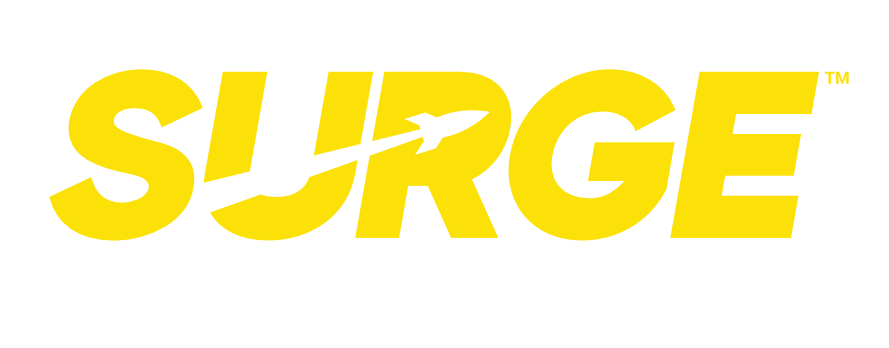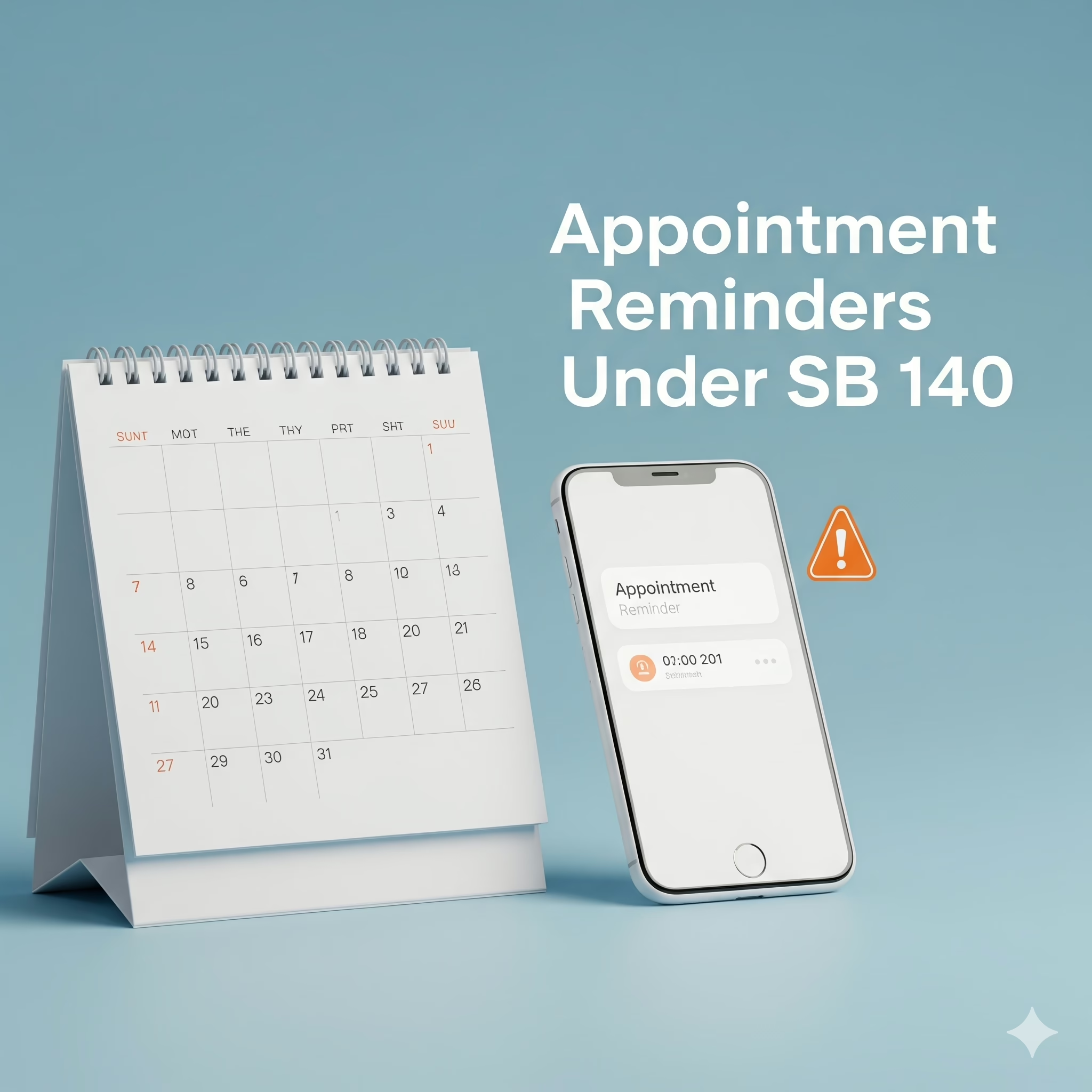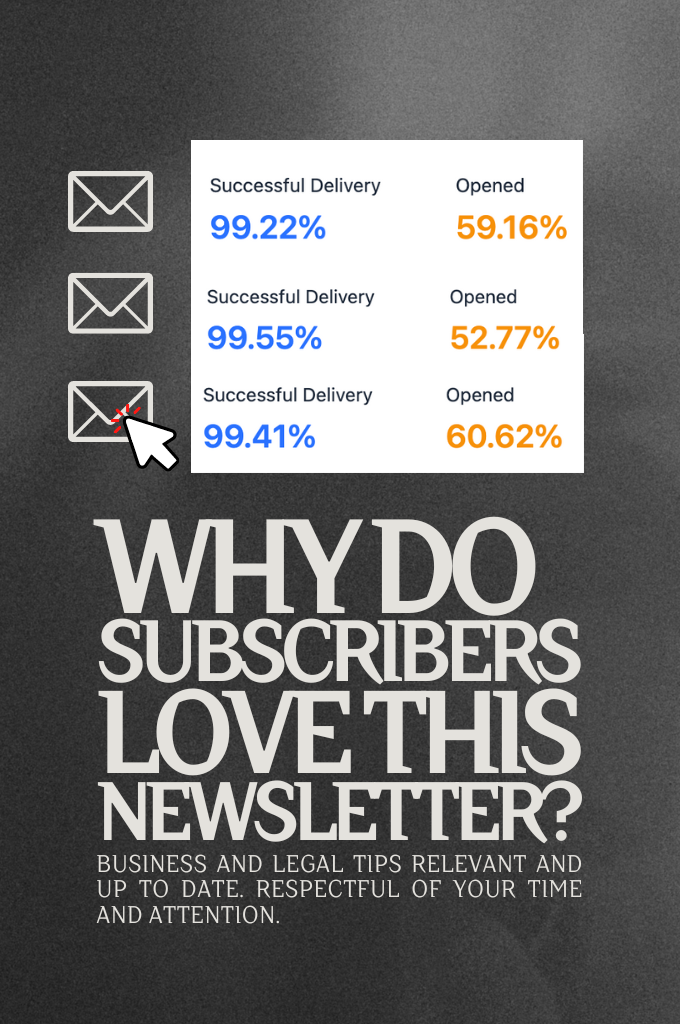Texas SB 140 and Transactional Messages
Texas SB 140: Can I Still Text My Customers Appointment Reminders?
A new Texas law, SB 140, is set to go into effect on September 1, 2025, and it’s causing a lot of concern for businesses that use text messaging. Many are asking: “Can I still send appointment reminders?” and “If a customer texts me at 10 p.m., can I reply immediately, or do I have to wait until the morning?”
Let’s clear the air. For most businesses using texts for customer service and operations, the answer is reassuring.
The Law Targets Marketing, Not Operations
SB 140 is aimed squarely at “telephone solicitations.” The law defines this as a communication initiated by a seller for the purpose of inducing a person to purchase something. This definition is key: the law regulates proactive, outbound marketing, not operational messages.
Transactional Messages Are Generally Not “Solicitations”
Because of this definition, purely transactional or informational messages are generally not covered by the law’s registration and quiet hours rules. These include:
- Appointment confirmations and reminders
- Shipping, tracking, and delivery notifications
- Order confirmations and receipts
- Password resets and two-factor authentication codes
- Fraud alerts and account security updates
These aren’t trying to make a new sale; they fulfill a service related to an existing transaction or relationship. Note: 10DLC compliance is not enough!
What About Responding to Customers After Hours?
This is another major concern. The rules on “quiet hours” (no solicitations between 9 p.m. and 9 a.m. Monday–Saturday, and before noon on Sundays) apply only to seller-initiated marketing.
If a potential customer texts your business at 2:00 a.m. with an urgent request, or an existing customer messages you at 10:00 p.m. with a question, you can—and should—respond immediately.
Why? Because the customer initiated the conversation. Your reply is a direct response to their inquiry. It is not an unsolicited marketing message. The law does not penalize good, responsive customer service.
A Word of Caution: The “Dual-Purpose” Message
Where businesses can get into trouble is with dual-purpose messages—messages that are partly transactional and partly promotional.
Example: “Your package has been delivered! Here’s a 20% off coupon for your next order.”
Including a coupon could turn the entire message into a marketing solicitation. The safest strategy is to keep transactional messages strictly informational and separate from promotional campaigns.
Even one misstep could be costly. A campaign of 500 dual-purpose messages could expose a business to $2.5 million in liability under SB 140, plus attorney’s fees. Larger campaigns could easily climb into the tens of millions.
The Bottom Line
For most appointment reminders, shipping updates, and customer replies, you’re safe. But if you send any marketing messages at all, SB 140 applies, and you need to understand your compliance obligations.
Unsure If Your Messages Cross the Line? We Can Help.
Even if you believe you only send transactional texts, a quick review can prevent a costly mistake. A single “dual-purpose” message could put you at risk.
- Flat-Fee Texas SB 140 Compliance Review ($1,500): We’ll help you identify hidden risks and ensure your communication strategy is sound.
- Momentum Membership ($95/month): Unlimited email access to our legal team for quick answers to questions like “Is this message okay to send?”
Book a free, no-obligation appointment today to discuss your situation.


